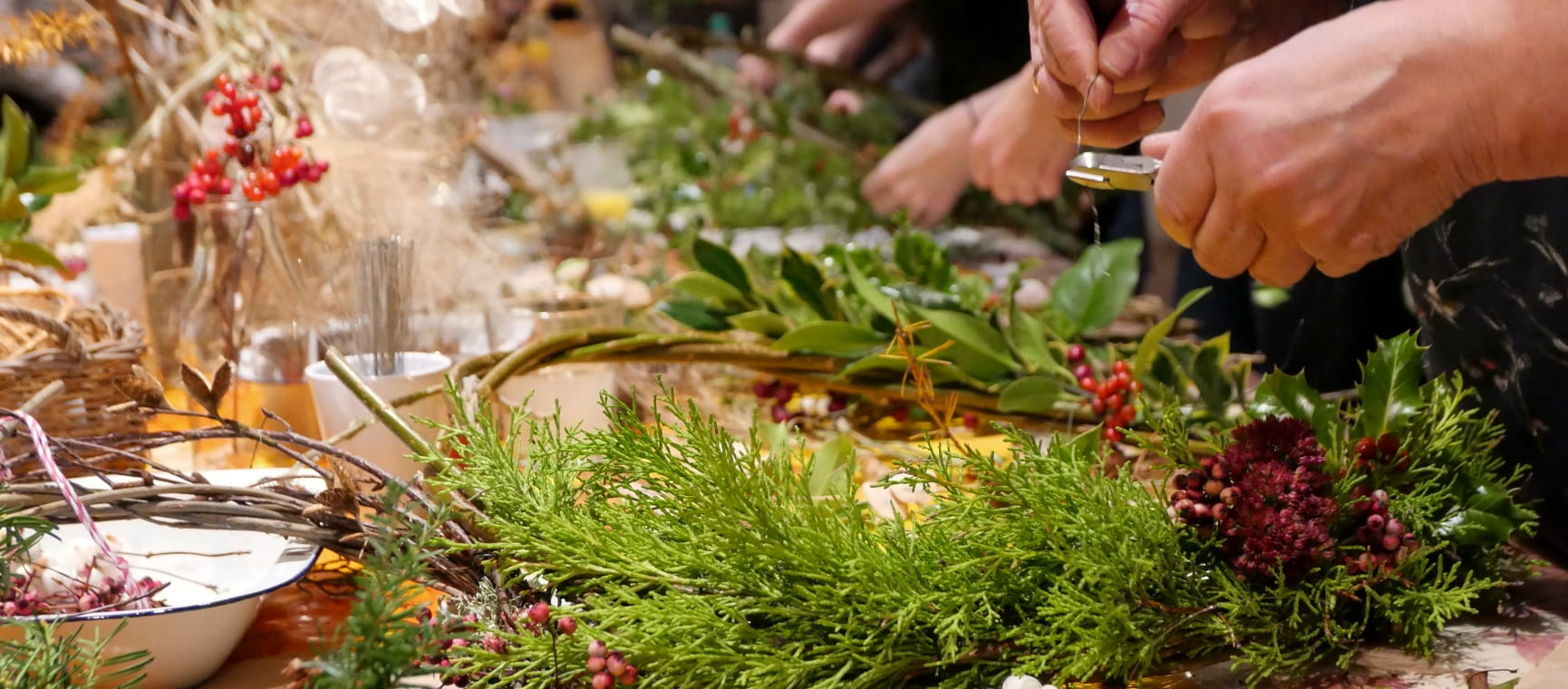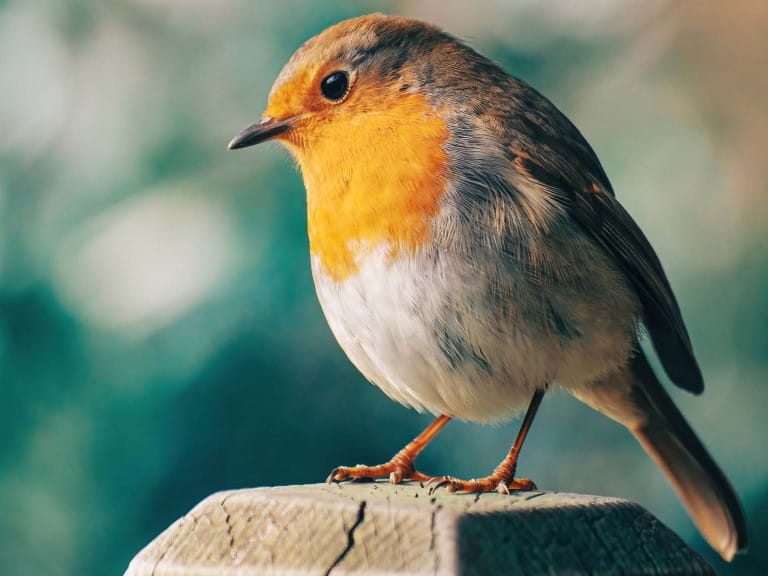Gardens
Gardening and landscape design ideas to help you make the most of your outdoor living space.

Win a £500 gift card for Dobbies Garden Centres
Bring home some festive magic with our competition to win £500 to spend at your local Dobbies Garden Centre.

How to overwinter geraniums – with tips from Monty Don

Jobs to do in the garden in November
As fireworks light up the sky, enjoy an explosion of colour on the ground too, with November delivering a sparkling finale to the season.

The best plants for winter containers
Make the most of your winter containers with expert advice on the best plants for your pots to brighten your days right through to spring.

How to store dahlias in winter

Colourful winter bedding plant ideas

Christmas decorations from your garden

Jobs to do in the garden in December
Enjoy the festivities, but take some time out to keep on top of essential garden jobs in December.

How to store dahlias in winter

Win a £500 gift card for Dobbies Garden Centres
Bring home some festive magic with our competition to win £500 to spend at your local Dobbies Garden Centre.

Jobs to do in the garden in November
As fireworks light up the sky, enjoy an explosion of colour on the ground too, with November delivering a sparkling finale to the season.

The best winter-flowering perennials for colour and scent

Colourful winter bedding plant ideas

The quick window safety tip to help save British birds
Every year millions of birds die as a result of flying into glazing. A simple act can change that.

Treat someone special to a Saga Magazine subscription – 12 inspiring issues for just £29.95. Every issue is packed with real-life stories, exclusive celebrity interviews, insightful articles and practical tips on health, finance, travel, and more.
Plus, enjoy two free gifts: a classic Parker Jotter Pen in a festive cracker and a puzzle book. A thoughtful gift that entertains all year round.
Play our free daily puzzles
Beat the boredom and exercise your mind with our selection of free puzzles.



